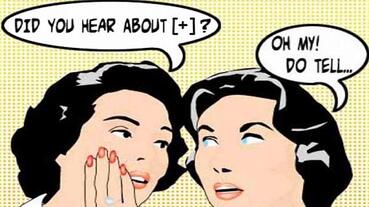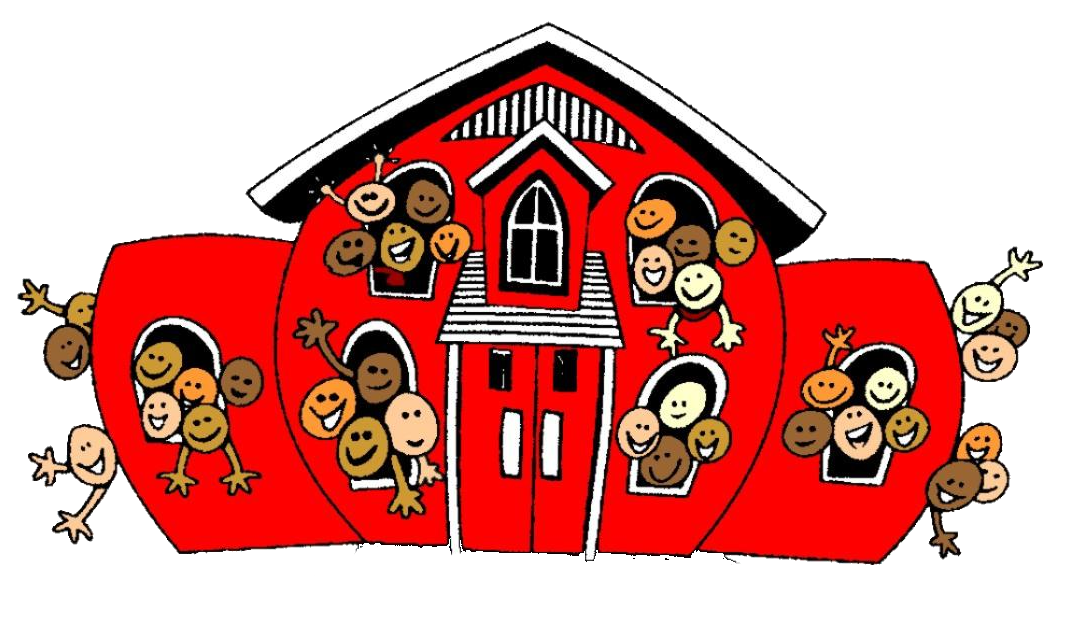"Homeschooling applications being closed for 2 years from the end of October. This is to enable them to jab your child.." Apparently told to someone's neighbour by the homeschooling team. (Chinese whispers anyone?)
This is complete nonsense! Since I first wrote this, there have been various other rumours circulating, some sadly perpetuated by people in positions who should know better but shall not be named. Regardless of where you hear any such rumour from, there are NO changes to application processes, and there are no deadlines or cut offs. Nor are school principals involved in reviewing applications.
The right to home educate your child is based on the Universal Declaration of Human Rights and is entrenched in at least 2 sets of laws:
The Care of Children Act 2004
The Education and Training Act 2020
To change that, the government would have to amend both of them. There is no evidence of any bills or amendments targeted at the relevant sections of those Acts.
There is also nothing to suggest, in any of the accessible Ministry websites, newsletters, or other information that there are any changes being made around home education.
While on rare occasions in the past someone from the Ministry might have given incorrect information about various things related to home education to people making inquiries, this one is way out in left field in terms of credibility. I can't begin to imagine what the true foundation or motivation behind this nonsense is, but please, don't spread this rumour. It's only causing unnecessary stress to people, and there's enough stress going on in the world right now.
"....about the information circulating which is stating that Ministry home education applications are closing at the end of this month for two years. We have been hearing this through our regional education advisors too.
These are false statements. There has been no change to the home education application process, there are no new deadlines for submitting applications, and no changes have been made to the Education and Training Act 2020.
Parents and caregivers who want to home educate their child aged between 6 and 16 years can apply for an exemption for home education in accordance with section 38 of the Education and Training Act 2020. There are no deadlines or close off dates for applications.
Please feel free to share this [information] widely with your home education colleagues and families. If people want to discuss the false statements and the misinformation that is circulating they can email [email protected] and we will respond to their queries."
"There is no change to the home education application process. Parents can apply for an exemption to home educate their children at any time, there are no deadlines, close off dates or time frames.
When an application is received the Ministry does notify the principal of the enrolling school and requests any information relevant to the processing of the application. The application is definitively not sent to the school."



 RSS Feed
RSS Feed
